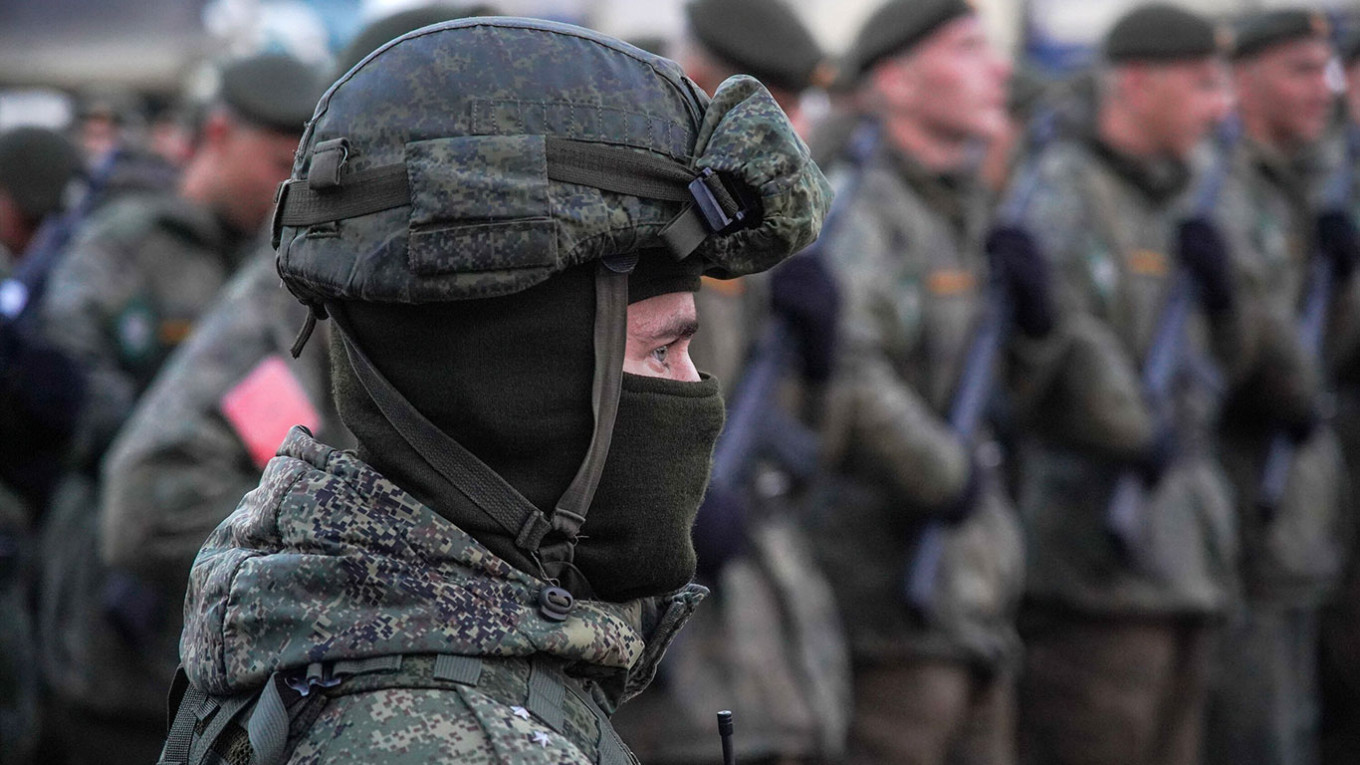
Russian lawmakers have adopted a bill scrapping upper age limits for those wishing to enter military service, prompting speculation that the country could be scrambling to bolster its depleted manpower amid its invasion of Ukraine.
Russian law currently allows any citizen aged 18 to 40 to join the Armed Forces by signing a contract.
The bill, which was submitted to Russia’s lower house of parliament, the State Duma, last week and approved in its final reading Wednesday, would remove the upper age limit for first-time recruits. It now must be signed by Russian President Vladimir Putin to formally become law.
“Highly professional specialists are needed to use high-precision weapons and operate weapons and military equipment,” said one note accompanying the bill.
The change would not apply to serving soldiers wishing to renew their military contract, who still must be under 50 years of age.
The bill was introduced by Andrei Kartapolov, the head of the State Duma’s Defense Committee and a member of the ruling United Russia party, and his first deputy Andrei Krasov.
“We understand that with some specialties experience comes with age: at 40-50 years old, [a person] has the richest depth of experience which should be used for defense purposes,” Kartapolov told the Vedomosti business daily.
Roughly 400,000 contracted soldiers are currently serving in the Russian Armed Forces. Around 130,000 soldiers are added to that number each year by conscripts, who are drafted into the Russian army bi-annually and can be legally deployed abroad after four months of military training.
Analysts say Russia may be seeking to loosen requirements for contract soldiers in hopes of shoring up its manpower in Ukraine without resorting to potentially unpopular measures like mass mobilization.
“Given the model of the Russian Armed Forces, once you factor in the losses, they are operating at roundabout their limit,” Nick Reynolds, an expert in land warfare at the London-based Royal United Services Institute, told The Moscow Times.
“If the Russians are to make any serious advances from now on, it will have to be with slow, methodical operations with a significant investment in resource and manpower.”